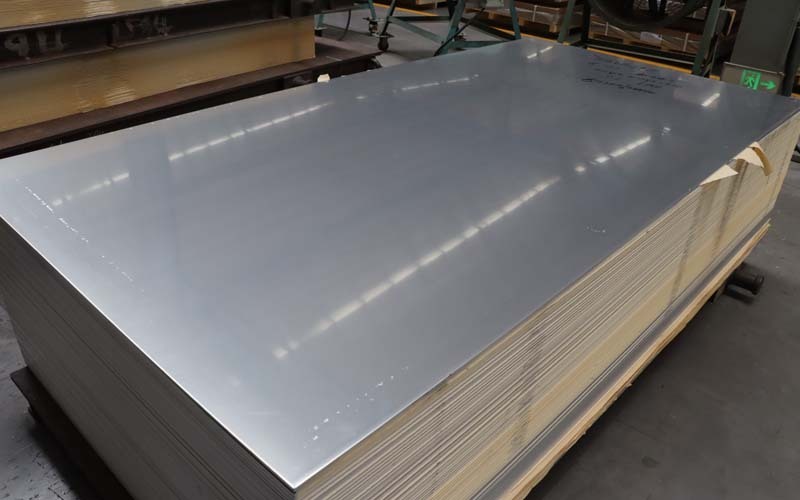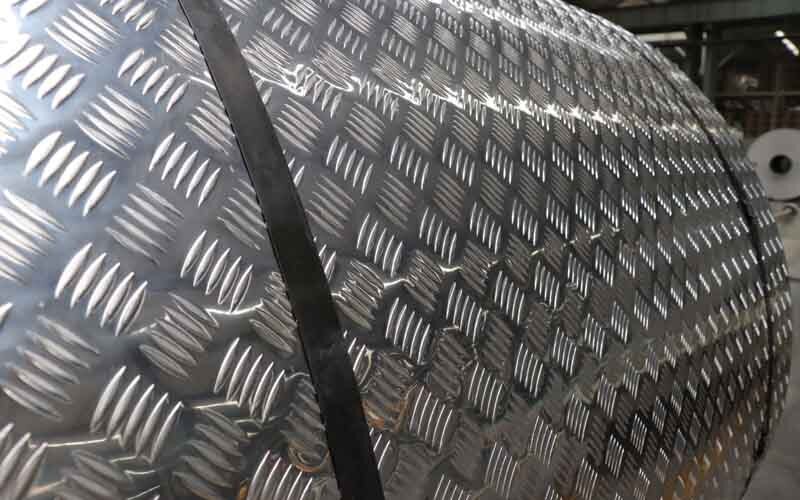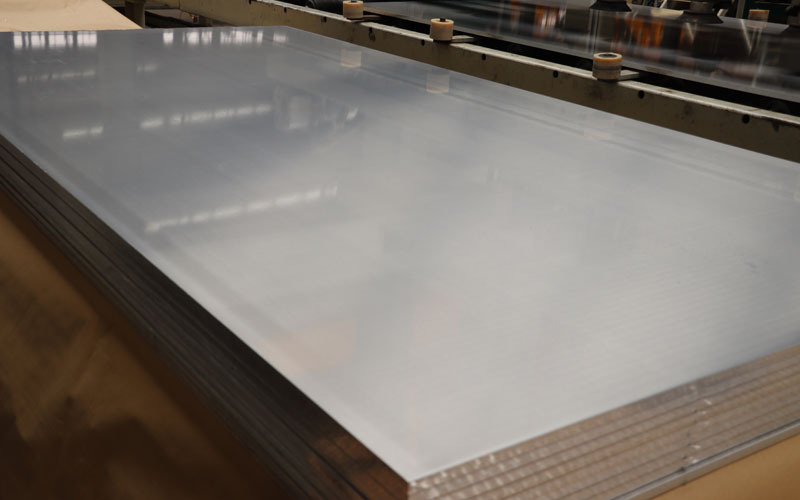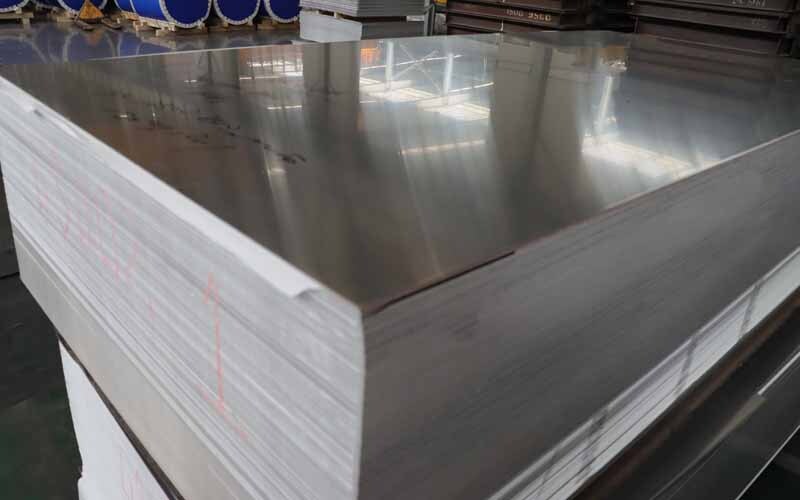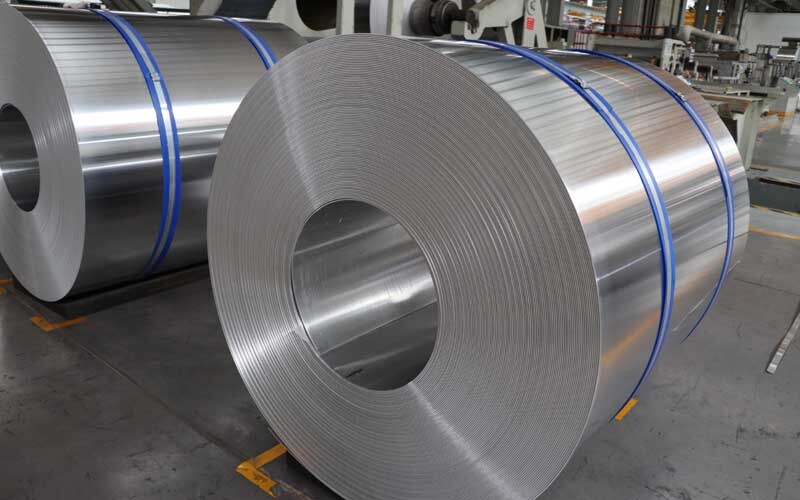
I. Aluminum fuel tanks are corrosion-resistant: an inevitable choice to cope with Canada's highly saline environment
The 5052-H32 aluminum-magnesium alloy sheet used in aluminum fuel tanks has natural anti-rust properties, and its oxide film can form a protective layer on the surface, effectively resisting winter snowmelt and salt spray erosion in coastal areas.23 Compared with iron fuel tanks that rust and corrode in extreme environments in 3-5 years, the service life of aluminum fuel tanks is generally more than 10 years, which significantly reduces the frequency of vehicle maintenance.
Typical application scenario:
Montreal winter roads (over 200,000 tons of salt per year)
Vancouver port container transportation (high humidity + salt spray environment)

2. The lightweight advantage of aluminum fuel tanks: the dual drive of compliance and efficiency gains
Under the strict policy of overweight control in Canada (truck GVW limit 63.5 tons), aluminum fuel tank reduces 30% of deadweight compared with traditional steel products, and a single trailer can carry 1.2-1.5 tons more cargo, which will increase the annual revenue by about 48,000 Canadian dollars (based on an average freight cost of $0.3/ton-kilometer).
Comparison of technical parameters:
Indicator 5052 Aluminum Fuel Tank SPHC Steel Fuel Tank
Weight (200L) 23kg 37kg
Wall thickness 3.5mm 2.0mm
Tensile strength 230-280MPa 270-410MPa
3. low temperature adaptability: -40 ° C extreme cold test certification
Aluminum fuel tank certified by Canadian CSA standard, with honeycomb reinforcement design, withstands -40°C to +80°C temperature difference cycle 2000 times without cracks in Manitoba test.25 Its coefficient of thermal expansion (23.6×10-⁶/°C) is close to that of diesel fuel, which avoids fuel crystallization problems caused by extreme low temperature.
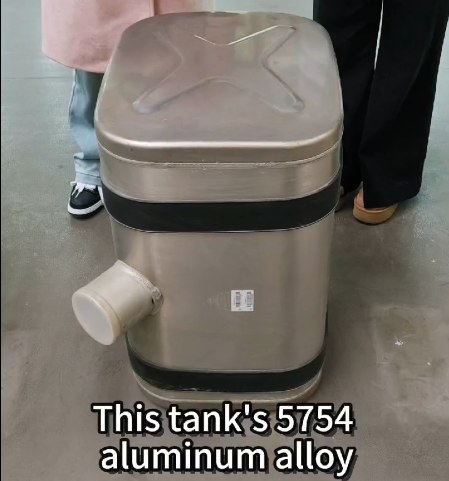
4. environmental protection and economy: 85% recycled aluminum recycling advantage
Driven by Canada's carbon tax policy (rising to $170/tonne CO₂ in 2025), aluminum fuel tanks can be recycled at a rate of 85% or more, reducing the carbon footprint by 47% compared to steel fuel tanks.23 Fleet life cycle cost measurements show that:
Initial investment: aluminum is 35-40% higher than steel
Total cost over 10 years: 22% savings on aluminum (including maintenance/weight reduction gains)
5. We have the following in stock of Aluminum coil for fuel tanks:
| Alloy | Temper | Thickness*Width*Length(mm) | Package | Quantity(Ton) |
| 5052A | H32 | 1.5*1500*C | Both side50/2-CLEAR | 13.576 |
| 5052A | H32 | 2.3*1700*C | One side50/1-CLEAR | 7.577 |
| 5052A | O | 1.8*1600*C | Both side50/2-CLEAR | 14.872 |

If there is no size that meets your needs in these stocks,
please contact us or send an email to sales01@mingtai-al.com,
and I will check the latest inventory or inform you of the latest delivery cycle.
